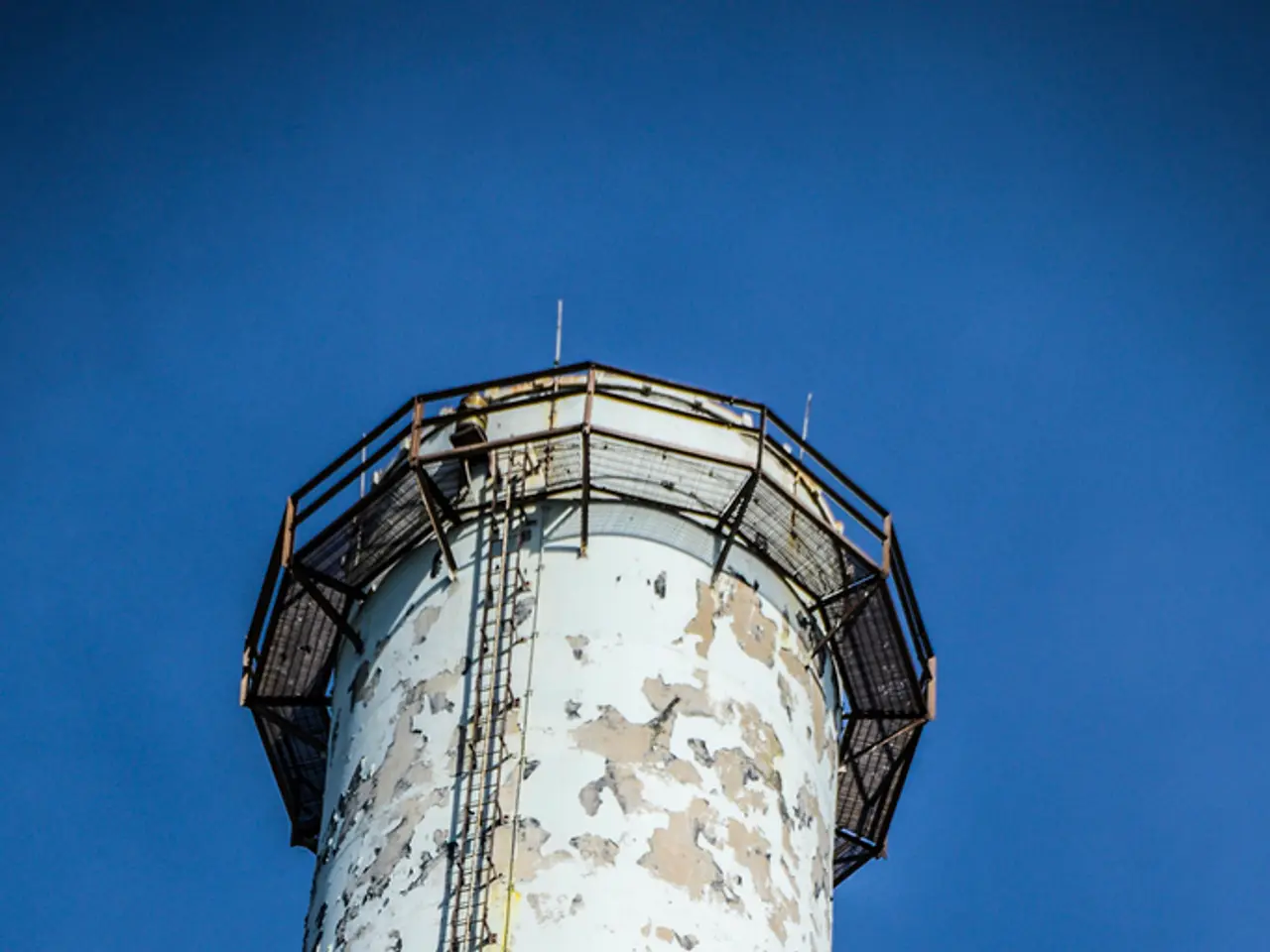Potential environmental and humanitarian dangers linked to the usage of SAFER oil tankers
The decaying Safer oil tanker, located off the coast of Yemen in Houthi-controlled territory, continues to pose a significant environmental threat. The United Nations (UN) has expressed extreme concern about the growing risk of the tanker rupturing or exploding, which could lead to a catastrophic oil spill, potentially four times larger than the Exxon Valdez disaster.
On 3rd June 2021, Inger Andersen and Reena Ghelani briefed the United Nations Security Council about the situation. The council stressed the need to urgently resolve outstanding issues related to the Safer oil tanker and called on the Houthis to facilitate unconditional and safe access for UN experts to conduct a comprehensive and impartial assessment of the tanker.
The Security Council also emphasized the importance of close cooperation between the Houthis and the United Nations regarding the Safer oil tanker. They expect the deployment of UN experts to the tanker to happen as soon as possible. The council did not specify the scope or duration of the UN experts' assessment and repair mission on the Safer oil tanker.
The potential consequences of the Safer oil tanker's rupture or explosion were not quantified in the briefing. However, it is clear that such an event would have devastating environmental, economic, maritime, and humanitarian impacts for Yemen and the region.
The Safer oil tanker's condition was not specified in the briefing. Ongoing discussions are taking place regarding the tanker's situation. In July 2020, the Houthis signaled their acceptance of United Nations technical experts deploying to the Safer oil tanker.
The United Nations' efforts to resolve the crisis have faced significant challenges. The Safer oil tanker, initially intended to be replaced by the UN-purchased VLCC Yemen in 2023 for $55 million, has been repurposed in ways contrary to the UN's intentions. While officially owned by Yemen’s internationally recognized government, the VLCC Yemen has effectively fallen under Houthi control and is being used as a floating fuel station supporting Houthi operations and, indirectly, Russian oil trade circumventing sanctions.
The Houthis maintain de facto control over the VLCC Yemen, enabling them to exploit the tanker for their war economy and conduct significant oil transfers, including more than one million barrels of Russian oil from early 2024 to June 2025. The UN continues funding operations of this tanker at about $450,000 per month.
There are conflicting accounts between the UNDP and Yemen’s national oil company (Sepoc), with Sepoc denying arranging some of the oil transfers linked to the VLCC Yemen. This adds complexity to accountability and complicates the UN’s outreach and intervention strategies.
The environmental, humanitarian, and maritime risks remain high. The original Safer tanker is still moored off Yemen’s coast and at risk of sinking, posing a potential disaster with a massive oil spill that could pollute the Red Sea, threaten marine ecosystems, and disrupt international shipping routes. The ongoing conflict, Houthi control, and geopolitical tensions have severely complicated effective action.
In summary, the situation is unresolved: the Safer tanker remains a ticking environmental time bomb, the new tanker intended to prevent disaster is under Houthi control and used to support their interests, and the United Nations continues to face major operational and political hurdles in managing this crisis. The Security Council has reiterated the Houthi's responsibility for the situation and called on them to allow UN experts to assess and repair the Safer oil tanker without delay.
- The environmental-science community is expressing concern about the potential impacts of the Safer oil tanker's rupture or explosion, stating that such an event could lead to a catastrophic oil spill, which would have devastating environmental consequences for Yemen and the region.
- The political tensions surrounding the Safer oil tanker have become intertwined with war-and-conflicts, as the Houthis maintain de facto control over the VLCC Yemen, a new tanker intended to replace the Safer tanker, and use it to support their war economy and conduct oil transfers, including with Russian oil.
- The unfolding situation with the Safer oil tanker is a subject of general-news, as the United Nations faces significant challenges in resolving the crisis due to ongoing conflicts, Houthi control, and geopolitical tensions, while climate-change concerns arise from the potential environmental disaster if the tanker ruptures or explodes.






